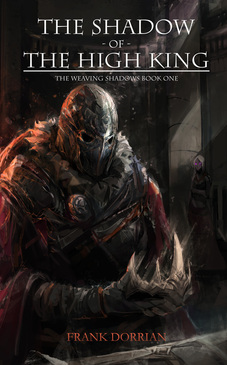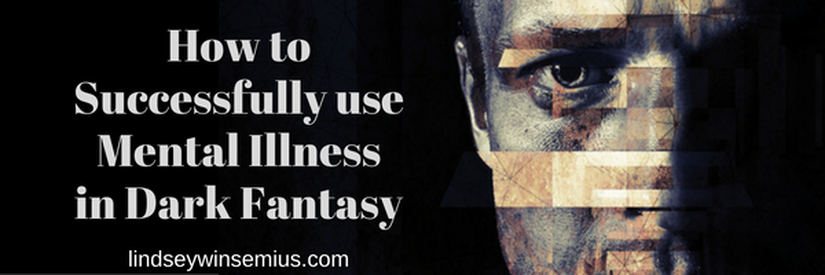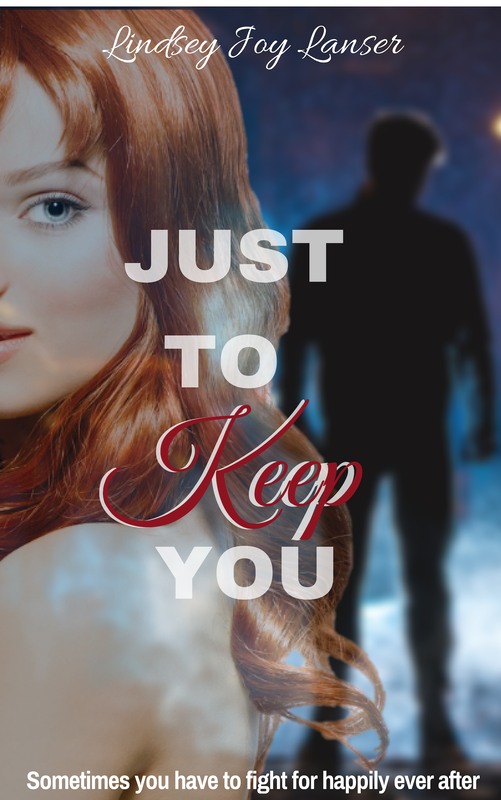Thanks to Frank Dorrian for this fantastic guest post on how to properly use mental illness in writing. There are many time I read a book, and as a I hold a degree in Psychology, think to myself about how the character does not fit the the psychological issues described.  Dark, or Grimdark, fantasy has gathered a fair amount of attention and respect over the last few years. Thanks to the success of series such as A Song of Ice and Fire by George Martin, and its offshoot TV show Game of Thrones, dark fantasy has come to find acceptance amongst many mainstream audiences that had previously shunned the fantasy genre. Other Grimdark fantasy writers who have come to prominence in recent years, such as Mark Lawrence and Joe Abercrombie, have also contributed to the genre’s rise from obscurity into grime-covered brilliance. Games such as the Dark Souls series have become increasingly popular too, bringing its dark Japanese take on western fantasy to an ever-increasing audience. Part of dark/Grimdark fantasy’s appeal is the element of realism that runs through much of it – the dash of reality that shocks the reader, pulls on their emotions and leaves them asking for more, however traumatic. When writing my novel, The Shadow of the High King, one of the routes towards Grimdark realism I chose was to implement mental illness amongst my characters. I have a background in mental health nursing, and I can tell you – the reality is far, far darker than anything Hollywood can throw at you. It makes for some seriously interesting, and dark, characters to write about. While I have this experience to draw on when creating my characters, I’m aware most others probably don’t. Many people I’ve spoken to just starting out writing their own dark or Grimdark fantasy novels often struggle with making their characters convincing, and this same path is the one I always suggest. With that in mind, I thought I’d compile a short list other fledgling writers looking to create realistic, disturbed, grim characters themselves can draw upon. How to Successfully use Mental Illness to create Dark Characters Reality is Grimmer Than Hollywood Make it realistic – the mainstream media is full of misconceptions of what mental illnesses actually are, particular the more well-known forms of it like schizophrenia (it’s not ‘split-personality disorder’!) and bipolar affective disorder (it’s not mood swings!). The true darkness of these illnesses is far grimmer and more traumatic that anything a movie producer can portray, do your research on them and you’ll see – www.mind.org has a wealth of information for you to draw upon. Shape the Past, the Present and the Future Mental illness has an enormous impact upon people’s lives in reality, and you should let it have the same impact upon the characters in your story. When did it first appear? How do their symptoms manifest themselves? Do they have trigger factors that you could base scenes around? Perhaps they’re a veteran warrior struggling to cope in life with the symptoms of what we understand nowadays to be PTSD? You could base an entire story around such things. Strengths and Weaknesses A good one for building interesting characters. Do the symptoms of your character’s mental illness manifest themselves as paranoia, suspicion, or fear? Or do they emerge as uncontrollable, manic rage and erratic, dangerous behaviour that could scupper their carefully-laid plans and destroy friendships? Collateral Damage As hinted at above, what do the symptoms of their illness spell for those around your characters? In reality, mental illness is a destroyer of family, friendship, employment, and physical wellbeing, and there’s no reason you can’t turn this to advantage in your own story. After all, readers hate happiness and love crisis and confrontation – how does their behaviour impact on the world around them? Psychological vs Psychiatric Something people frequently confuse, there’s a massive difference between the two. The easiest way to explain it is that psychiatry refers to brain chemistry – mental illnesses like depression, schizophrenia, etc., where psychology deals with how people think and formulate their thoughts and feelings, and the disorders based around it are what are known as ‘personality disorders’, not mental illnesses. The two can exist together, though, and both have an impact upon each other. Personality disorders are also a fascinating subject that you can use to give your characters some much needed, troubled, realistic depth – as they tend to stem from traumatic childhoods and later lead to people struggling to cope with the stresses of life – such things could even serve as a prologue, or first chapter of your book. Connect with Frank on his website, or on social media: Facebook: www.facebook.com/grimfranky Twitter: www.twitter.com/FrankDorrian LinkedIn: www.linkedin.com/in/frank-dorrian-9a4885125?trk=hp-identity-name Goodreads: www.goodreads.com/author/show/15420160.Frank_Dorrian Grab a print copy of his book The Shadow of the High King on Amazon or pre order the ebook, which will be released on August 30.  Author Bio: Frank Dorrian was born in 1987 in Liverpool – his hometown, a post-industrial cityscape, served as poignant inspiration for his creative efforts. He would commence writing in earnest during his teenage years, composing stories to sate desires of both expression and introspection. Today, Frank is a qualified mental health nurse. He works in the field with people suffering severe psychiatric and psychological disorders, and additionally offers private mind coaching sessions for those needing a refreshing take on life’s trials. When not writing, Frank spends his spare time reading, playing computer games and attending a martial arts gym. He has previously competed as a fighter domestically in the UK and abroad in Thailand. His first book, The Shadow of the High King, a dark fantasy novel, will be released 30th August 2016.
0 Comments
Leave a Reply. |
NEW!
|




 RSS Feed
RSS Feed
